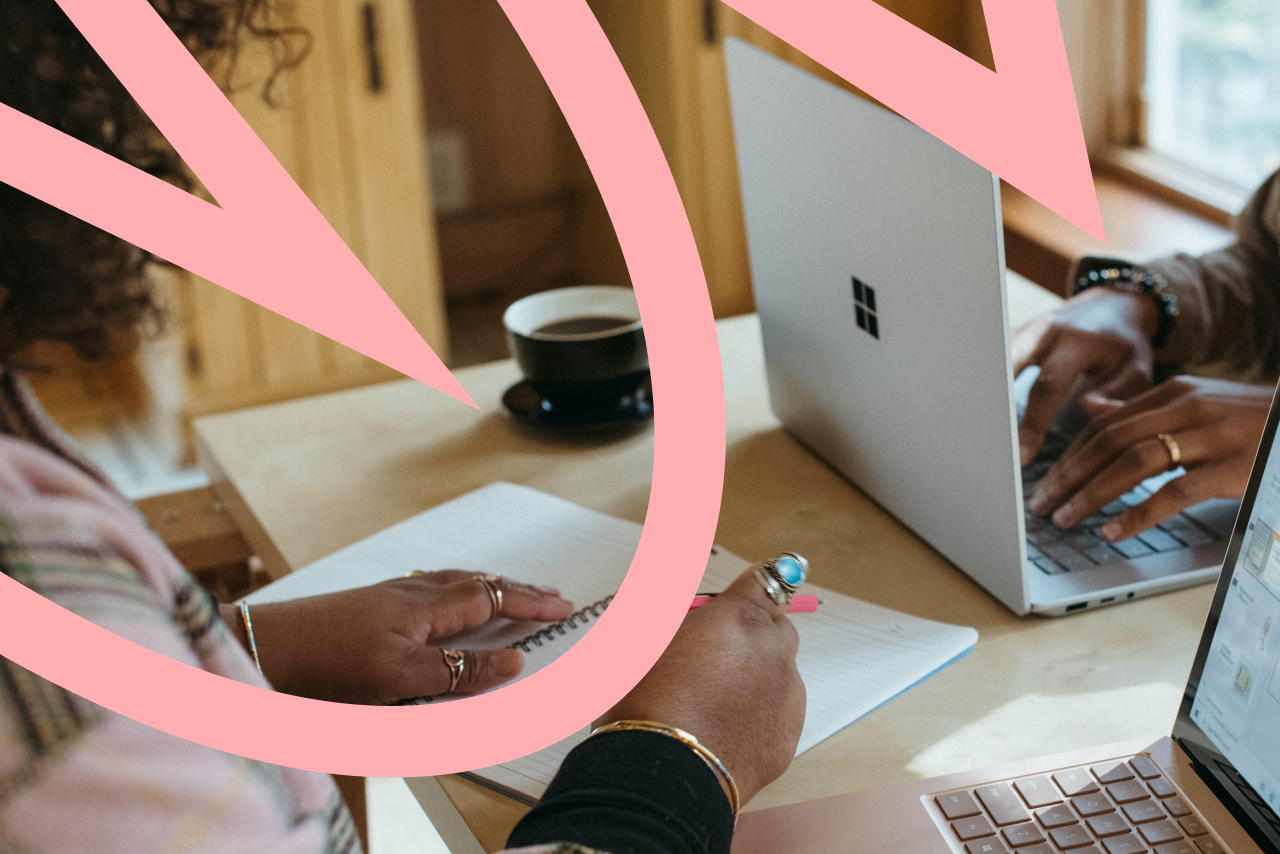How Digital Nomads Build Strong Client Relationships

on November 05, 2025 • 4 minute read

Building and maintaining excellent work relationships can make all the difference in maximizing your digital-nomad lifestyle.
How can digital nomads build strong business relationships — even from opposite sides of the world?
For solopreneurs, collaboration happens across borders, time zones, and cultures. This global lifestyle brings freedom and flexibility — but also new challenges. Misaligned expectations, communication gaps, or overcommitment can quietly undermine even the best partnerships.
The good news? You can strengthen every client and collaborator relationship by focusing on three things: honest communication, adaptability, and balance.
These psychology-backed strategies will help you connect meaningfully with clients, build trust faster, and create relationships that last — no matter where in the world you log in from.
💡 Quick Takeaway:
- Communicate openly and listen actively.
- Balance a clear vision with flexibility.
- Protect your personal well-being to prevent burnout.
Great relationships aren’t just about contracts — they’re about connection.
How Can Communication Strengthen Your Business Relationships?
Effective communication is a cornerstone of any successful relationship, be it personal or professional. A study published in Personal Relationships showed that individuals who communicate efficiently and collaboratively tend to have higher levels of satisfaction in their relationships.
When collaborating with others, it's important to ensure that both parties feel heard and respected. Active listening is a key component of effective communication, and it involves paying attention to what the other person is saying and trying to understand their perspective.
It's also important to be willing to compromise and find common ground. Anything less and you may risk damaging the relationship and causing misunderstandings that stand in the way of fostering healthy, productive relationships with your clients and team.
For example, if you are working from a beach in Bali or a remote village in Mexico, it's important to communicate your online availability schedule with your team or clients. By being open and honest about your internet availability, you can work with your team to find solutions or adjust deadlines to accommodate any connectivity challenges you may face.
Effective communication can help prevent issues before they arise and build stronger and more productive work relationships.
💡 Want to communicate more effectively? Read how “nice leaders” earn respect.
Why Does Flexibility Matter in Building Client Trust?
To provide exceptional service to clients, it's crucial to strike a balance between having clear goals and being open to adjusting your plans as needed. This requires acknowledging that there may be instances where you need to demonstrate flexibility regarding the project's plan.
According to a study published in the Journal of Personality and Social Psychology, people in successful romantic relationships understand that a successful relationship needs constant nourishment and that ‘destiny’ has little to do with it. They are more likely to stay together by paying attention to relationship stressors and taking responsibility when things go wrong. The same principle can be applied to your relationship with clients.
Remember that your clients chose to work with you because you are an expert in your field, and they trust you to guide them towards the best solution for their needs. This may involve brushing up on relevant skills by, say, learning a new programming language that best suits your client's requirements.
By being open-minded and adaptable, you can set yourself apart as a service provider and build long-term relationships with satisfied clients.
💡 Learning agility pays off. Here’s how to overcome self-criticism and stay confident as a leader.
How Can Work-Life Balance Improve Your Professional Relationships?
Maintaining a balance between work and play can be challenging as a digital nomad who is always on the move. However, it is essential if you want to present the best version of yourself to your clients and make the most of your relationship with them.
A study published in the journal Frontiers in Psychology showed that people who reduce themselves down to one attribute – their job, for instance – are more likely to feel dehumanized (like nothing more than a machine or tool) and have higher levels of disengagement, depression, and burnout.
This highlights the importance of diversifying your sense of self. You can start by investing in several facets of your life. For instance:
- Spend time on your hobbies. Pick a new one or get back to something that you might have abandoned.
- Get your fitness regimen back on track. Look into enhancing your mental and physical well-being through activities that encourage you to move your body.
Diversifying your identity can prevent you from losing any sense of who you are and can help build perspective. This also allows you to approach a client or a project with a sense of excitement and proactivity that you are unlikely to experience if your day feels like one big chunk of work.
Final thoughts
Strong business relationships are built on clarity, consistency, and care.
For solopreneurs, this means communicating openly, staying flexible when projects shift, and maintaining the balance that keeps your creativity alive. When you take time to listen, adapt, and protect your well-being, you don’t just strengthen your business — you make it sustainable.
Because great relationships aren’t just good for growth — they make freelancing more human, fulfilling, and fun.
🤝 Build more than a client list — build genuine partnerships. See how Xolo helps digital nomads collaborate effortlessly around the world
💬 FAQ: Building Strong Business Relationships as a Digital Nomad
Q1: How can digital nomads maintain strong client relationships?
Communicate regularly, set clear expectations early, and be transparent about your availability or challenges. Trust grows when clients feel informed and included.
Q2: What if my client’s expectations don’t match mine?
Have the conversation early. Align on deliverables, deadlines, and communication preferences before problems arise. Collaboration always beats assumption.
Q3: What’s the biggest mistake freelancers make in client relationships?
Avoiding difficult conversations. Being honest about timelines or capacity builds far more trust than saying “yes” and missing expectations.
Q4: How can flexibility improve my client relationships?
Being adaptable shows professionalism. Whether it’s adjusting your process or learning new tools, flexibility helps clients feel understood and valued.
Q5: Why does work-life balance matter in building better relationships?
When you take care of your well-being, you bring energy, perspective, and empathy into your work — all essential for genuine, long-term connections.
About Mark
Mark Travers, Ph.D., is an American Psychologist with degrees from Cornell University and the
University of Colorado Boulder. Xolo helps him run his online therapy practice, Awake Therapy, from whatever part of the world he is currently living in.
Related blogs
Subscribe to
our newsletter
and get the latest updates and expert
business tips straight to your inbox.
